Instant Opinion: Floods reveal Britain’s ‘urban-rural tension’
Your guide to the best columns and commentary on Wednesday 26 February
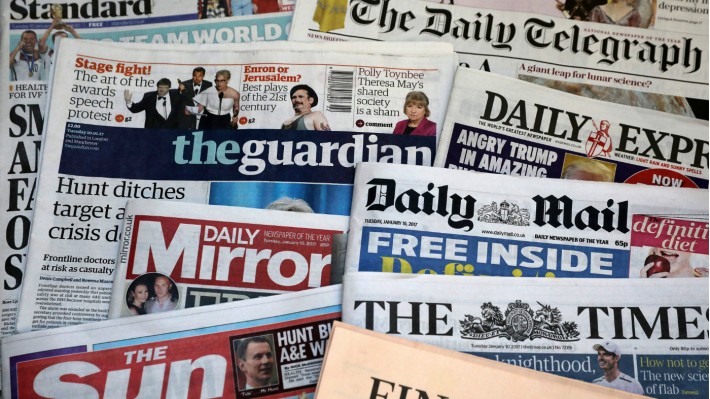
A free daily email with the biggest news stories of the day – and the best features from TheWeek.com
You are now subscribed
Your newsletter sign-up was successful
The Week’s daily round-up highlights the five best opinion pieces from across the British and international media, with excerpts from each.
1. Ed Platt in the New Statesman
on flooding in the UK
The Week
Escape your echo chamber. Get the facts behind the news, plus analysis from multiple perspectives.

Sign up for The Week's Free Newsletters
From our morning news briefing to a weekly Good News Newsletter, get the best of The Week delivered directly to your inbox.
From our morning news briefing to a weekly Good News Newsletter, get the best of The Week delivered directly to your inbox.
How floods divided Britain
“Urban versus rural tensions are building after years of favouritism, powerlessness and blame... Place names matter in Britain, for they encode unexpected connections. When I arrived in the Somerset village of Thorney in January 2014, to find it under four feet of water, I was fascinated by the way its name tied it to the place that many of its inhabitants blamed for the floods that had engulfed their homes. Westminster - the seat of government and the home of the Environment Agency, the quasi-independent body responsible for managing flooding - was originally called Thorney, for like Thorney, Somerset, it began life as an island in the marshy fringes of a river. I thought of Thorney, Somerset and Thorney, Westminster as twin towns of a kind, for one was subject to decisions made in the other - though by the time the winter was over, the inhabitants of the village and its neighbours would reverse the pattern, by forcing those at the centre to accept their perception of the causes of the flood.”
2. Roger Boyes in The Times
on how corrupt regimes profit from catastrophe
A free daily email with the biggest news stories of the day – and the best features from TheWeek.com
Why do some failing states never fail?
“Revolutions erupt because of rising but thwarted expectations. So the primary task of kleptocrats is to banish ambition. The ambitious, the able-bodied, the desperate flee the country in droves. And the leaders are OK with that, too. One day, they figure, the pressure of refugees mounting up in western countries will force the outside world to strike a deal with leaders who have demonstrated their survival skills. Allowing their states to fail gives them a perverse advantage: it makes them indispensable. As a result many people in these miserable states don’t even pretend to trust their leaders. Better muddle through with the ruler we know, is the short-term calculation, than topple him and risk the wholesale collapse of society. They keep their focus on family, not state; the health of their children and elders. Venezuela used to have the best-funded health system in Latin America. Now nursing staff have to pump incubators by hand for newborn babies. Such everyday tragedies have to inform our policies.”
3. Ramzy Alwakeel on HuffPost
on the need to rout out sexual abuse in politcs
Carl Beech lied about Westminster sex abuse but its real victims need to be believed more than ever
“The notion that we should trust and respect people who allege rape and sexual abuse is still fragile; the Me Too movement, which secured a landmark prosecution this week in the form of Harvey Weinstein, is a welcome and desperately needed step in the right direction, but there is still so much further to go. A fraction of rape allegations end in prosecution, never mind conviction; the figure was less than 2% last year. Partly that is because of a system stacked against victims – invasive or impossible tests they must satisfy, demands they give evidence in traumatising circumstances, and a culture that more readily believes men, especially powerful ones, than women. The fact police didn’t spot Carl Beech’s lies sooner is disappointing, but it was right that they took his allegations seriously.”
–––––––––––––––––––––––––––––––For a weekly round-up of the best articles and columns from the UK and abroad, try The Week magazine. Start your trial subscription today–––––––––––––––––––––––––––––––
4. Matt Stoller on Wired
on the potential for a global pandemic to reveal economic failings
Covid-19 will mark the end of afluence politics
“With potential shortages of goods, and restrictions on people’s movement, both parties are heading into unknown territory. It is likely Democrats will use this opportunity to further their case for Medicare for All... Republicans are likely to take a more xenophobic approach, emphasizing restrictions on foreigners and infected Americans... The Democratic Party primaries certainly echo those of the Great Depression, with candidates from Bernie Sanders to Amy Klobuchar trying to wrap themselves in FDR’s mantle. Regardless, the end of affluence politics means focusing on whether medicine is on shelves, not bitter disputes over bloated and wasteful hospital and insurance billing departments. It means caring about bureaucratic competence in government, and accuracy in media, not because these are nice things to have but because they are necessary to avoid immense widespread suffering.”
5. Karen Rothmyer in The Nation
on the differences between Bernie 2016 and Bernie 2020
Not ‘Feeling the Bern’
“Four years ago at this time, my “Bernie for President” yard sign had already been up for over six months. I remember very clearly the summer day when I stuck it on my front lawn because someone stopped his car in front of the house soon afterward and rolled down the window. At first, I was worried that he was an irate Republican who was going to yell at me. But it turned out that all the guy wanted to do was to take a photo... I mention all this because I suddenly realized that it’s only a few weeks until the April 28 New York state primary, which the latest poll shows Sanders winning (and running strongest among upstate voters), but I still haven’t made up my mind whom to support. Not only have I not posted a yard sign, but I also don’t even have a candidate. And in talks with local Democratic acquaintances, I’ve discovered that they are mostly in the same boat. Perhaps that’s because there is an abundance of riches in terms of the candidates, but I suspect it’s a lack of intense devotion to any of them. And that makes me nervous.”
-
 Political cartoons for February 22
Political cartoons for February 22Cartoons Sunday’s political cartoons include Black history month, bloodsuckers, and more
-
 The mystery of flight MH370
The mystery of flight MH370The Explainer In 2014, the passenger plane vanished without trace. Twelve years on, a new operation is under way to find the wreckage of the doomed airliner
-
 5 royally funny cartoons about the former prince Andrew’s arrest
5 royally funny cartoons about the former prince Andrew’s arrestCartoons Artists take on falling from grace, kingly manners, and more
-
 Glacial outburst flooding in Juneau destroys homes
Glacial outburst flooding in Juneau destroys homesSpeed Read
-
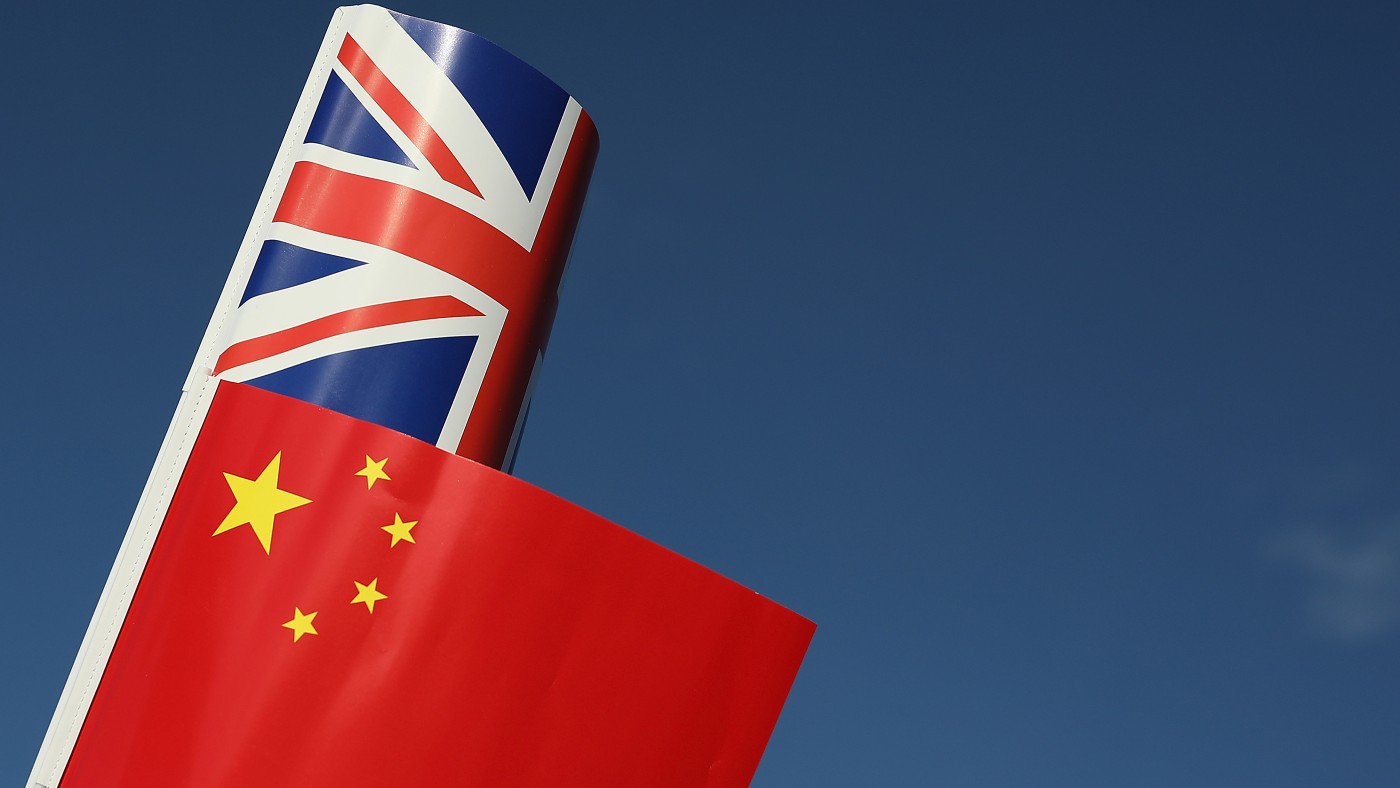 China’s ‘breathtaking’ infiltration of UK economy: an existential threat?
China’s ‘breathtaking’ infiltration of UK economy: an existential threat?Talking Point New report suggests Beijing is exerting political and economic influence on Westminster
-
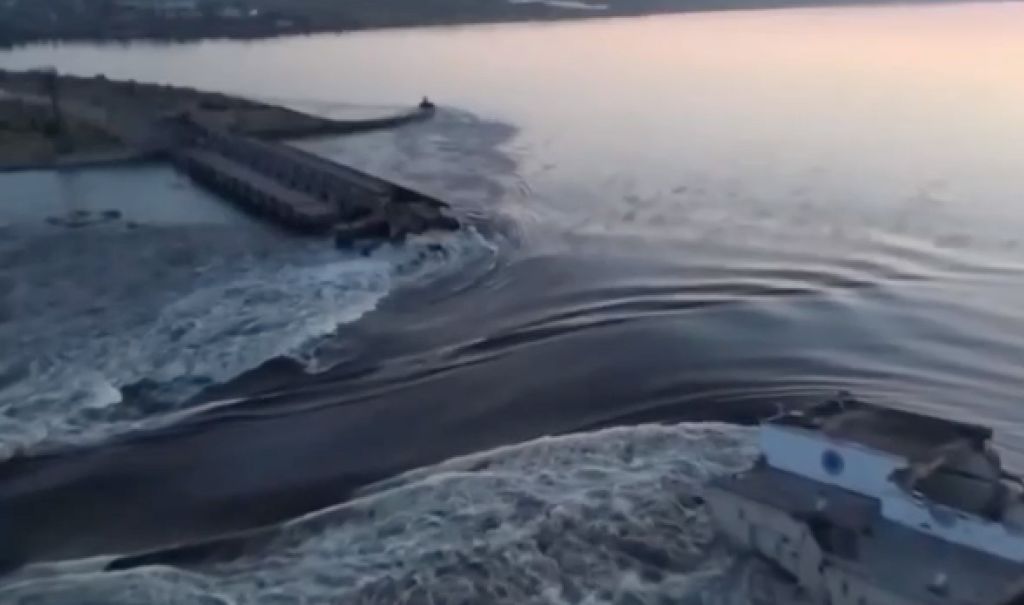 Ukraine blames Russia for destroying major hydroelectric dam 'in panic' as counteroffensive starts
Ukraine blames Russia for destroying major hydroelectric dam 'in panic' as counteroffensive startsSpeed Read
-
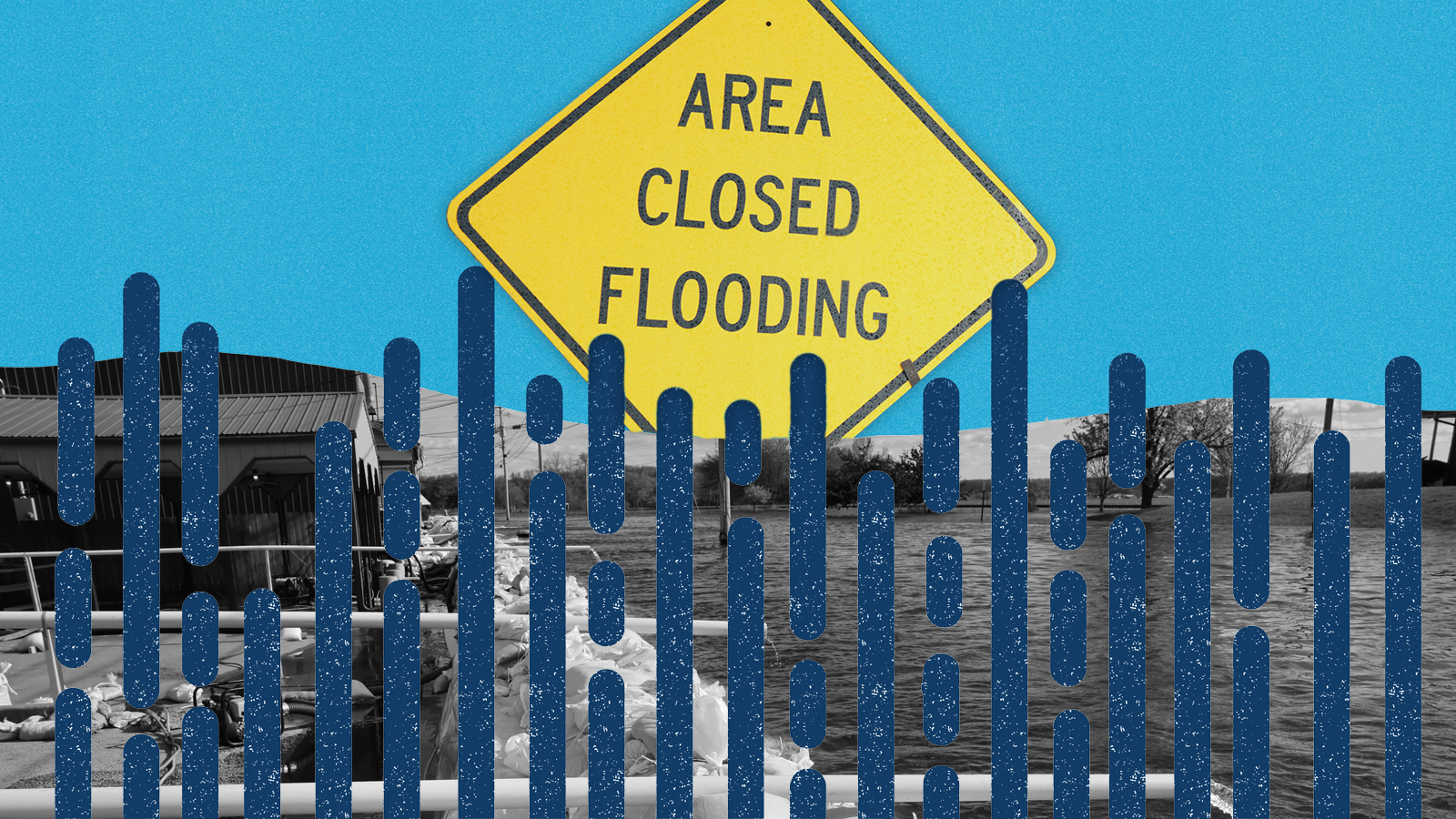 How bad are this year's Mississippi River floods?
How bad are this year's Mississippi River floods?Speed Read "Everybody's plan along the river has been put to the test"
-
 The Greggs Westminster Council sausage roll row explained
The Greggs Westminster Council sausage roll row explainedSpeed Read The high-street baker is appealing against a ban on serving hot food at its central London shop
-
 The tricky science behind reviving ‘zombie viruses’
The tricky science behind reviving ‘zombie viruses’feature 48,500-year-old pathogen poses no risk to humans, but scientists hope to learn more about impact of melting permafrost
-
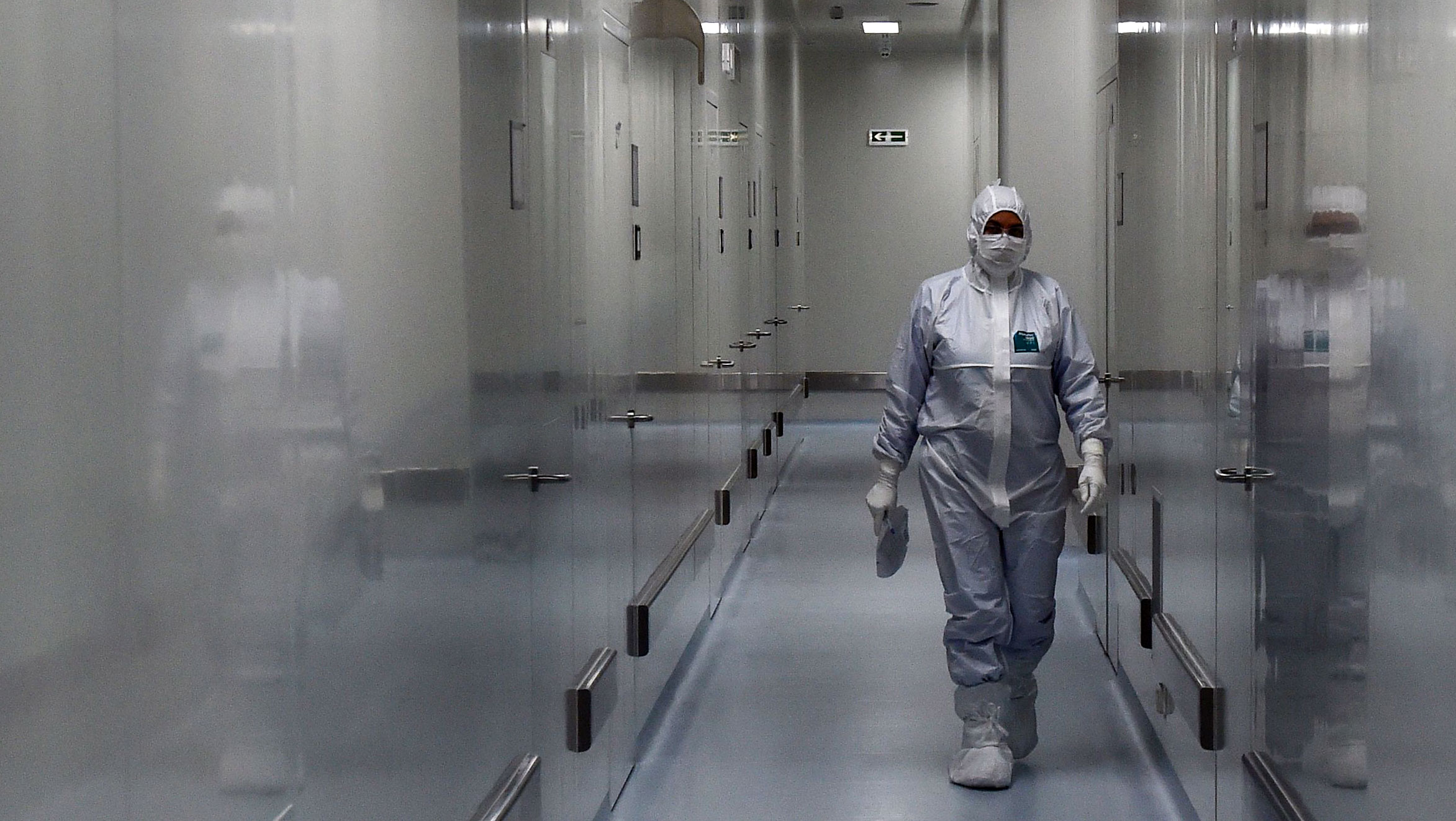 The Week Unwrapped: Immunity, Tunisia and Big Brother
The Week Unwrapped: Immunity, Tunisia and Big Brotherpodcast Will a drug called Evusheld cut Covid deaths still further? Is the Arab Spring over? And are we ready for the return of reality TV?
-
 ‘Other wannabe Putins await to sow death and destruction’
‘Other wannabe Putins await to sow death and destruction’Instant Opinion Your digest of analysis from the British and international press